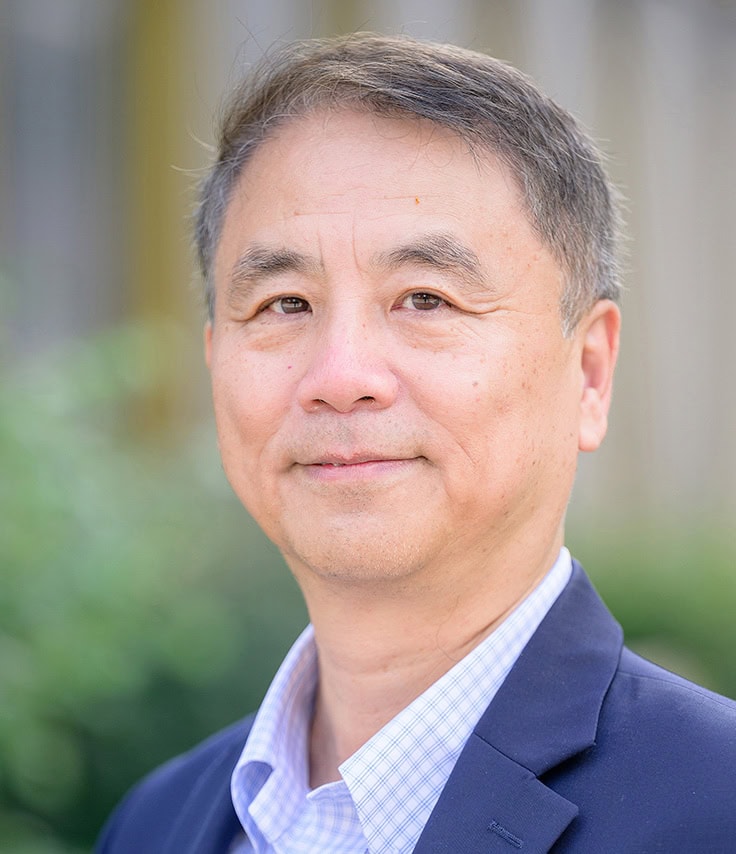Biosketch
Yang Shi, PhD, FRS, FMedSci, received his PhD and postdoctoral training from NYU and Princeton University, respectively. He began his independent research career at Harvard Medical School as a tenure track assistant professor in 1991 and received tenure and full professorship in the Department of Pathology at Harvard Medical School in 2004. In 2009 he joined Boston Children’s Hospital as a Merton Bernfield Professor in the Newborn Medicine Division. He became the inaugural C. H. Waddington Professor of Pediatrics of Harvard Medical School in 2018. In 2020, Yang joined Oxford University where he is currently Professor of Epigenetics and a member of the Ludwig Institute for Cancer Research. His was a recipient of the Ray Wu Award, the American Cancer Society Research Professorship and the National Cancer Institute Outstanding Investigator Award. He is also an elected member of the American Association for the Advancement of Science, the American Academy of Arts and Sciences, the AACR (American Association for Cancer Research) Academy, EMBO, National Academy of Medicine, UK Academy of Medical Sciences and the Royal Society.
Research Interests
Dr. Shi’s group uncovered a major epigenetic regulatory mechanism that reveals dynamic histone methylation regulation by discovering the first histone demethylase, LSD1, and many more additional demethylases, which overturned the 40-year-old dogma that histone methylation is static and irreversible. Dr. Shi’ work also shedded important new light on the molecular mechanism, biological function and human disease connections of histone demethylases. Dr. Shi’s current research aims to provide mechanistic insight into epigenetic, epitranscriptomic and transcriptional regulation in suppressing tumor stemness and promoting therapeutic differentiation, and in improving immune cell fitness to irradiate cancer. Specifically, Dr. Shi uses AML (Acute Myeloid Leukemia) and DMG (Diffused Midline Glioma) as models, focusing on developing combinatorial strategies to induce AML therapeutic differentiation and to understand the underlying molecular mechanisms, and on understinding DMG cancer cell plasticity regulation, which will not only provide new insights into DMG but also new therapeutic opportunities. Additionally, Dr. Shi is interested in discovering and understanding new epigenetic and epitranscriptomic regulators and mechanisms that control cell state transition of immune cells, including T and NK cells, and macrophages, which play distinct but also interwoven roles in controlling cancer cells in the tumor microenvironment. In parallel, Dr. Shi is collaborating with chemists to develop small molecule inhibitors for these new regulators for potential clinical applications.
Membership Type
Member
Election Year
2024
Primary Section
Section 41: Medical Genetics, Hematology, and Oncology
Secondary Section
Section 22: Cellular and Developmental Biology
